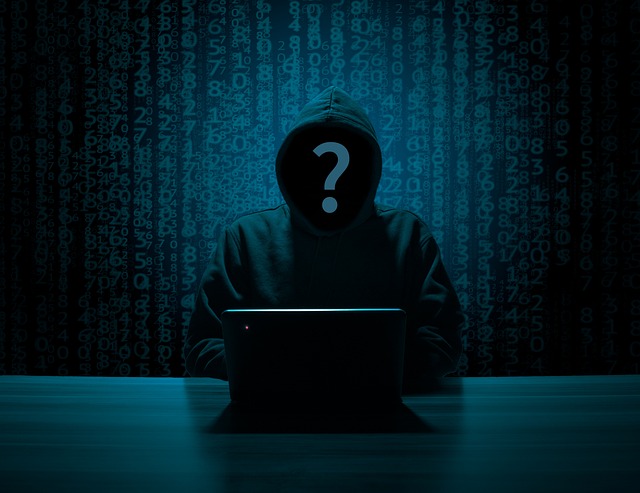In the ever-evolving landscape of digital communication, social media has become a significant part of our daily lives. It serves as a platform for expression, connection, and sharing moments that matter. However, the rise of social media also brings with it a host of concerns, particularly regarding personal data and privacy. In this context, the concept of anonymity emerges as a vital safeguard for data protection, empowering users to navigate the online world with greater security and peace of mind.
As we engage with various social media platforms, we often share snippets of our lives—photos, thoughts, and experiences—that can be easily visible to a wide audience. Yet, with every post comes the risk of exposing our personal information, raising questions about how this data is collected, used, and potentially misused. The pressure to curate an online persona can lead many to compromise their privacy, often unknowingly. Here is where anonymity plays an essential role, allowing individuals to interact online without fear of judgment or exposure.
The impact of anonymity on social media cannot be underestimated. For many, it serves as a protective shield that fosters free expression. It enables users to share their thoughts and feelings candidly without the fear of backlash or repercussions. This sense of freedom is particularly important for marginalized groups who may feel compelled to hold back their views in more public forums. Anonymity can help create supportive environments where open conversations can thrive, fostering a sense of community and solidarity among users.
However, the power of anonymity extends beyond just protecting individual users’ feelings; it can also play a significant role in data protection. By allowing individuals to engage with social media without revealing their true identities, the risks associated with data breaches, cyberbullying, and even identity theft can be mitigated. An anonymous environment encourages a level of safety that can help restore trust in social media as a tool for communication rather than as a platform for surveillance.
Furthermore, as users increasingly become aware of the implications of their digital footprint, the demand for anonymity will only grow. The desire for privacy isn’t merely a trend; it reflects a deeper yearning for control over one’s personal information. Many platforms are already beginning to adopt features that enhance user anonymity, but it remains crucial for us to remain vigilant in advocating for our rights to privacy and security in our digital interactions.
In a world where our every click, like, and share can be tracked, anonymity provides a sense of liberation. It empowers individuals to explore social media with confidence, free from the weight of constant observation. By prioritizing anonymity, we can protect our personal data while still enjoying the rich tapestry of connections formed through social media.




